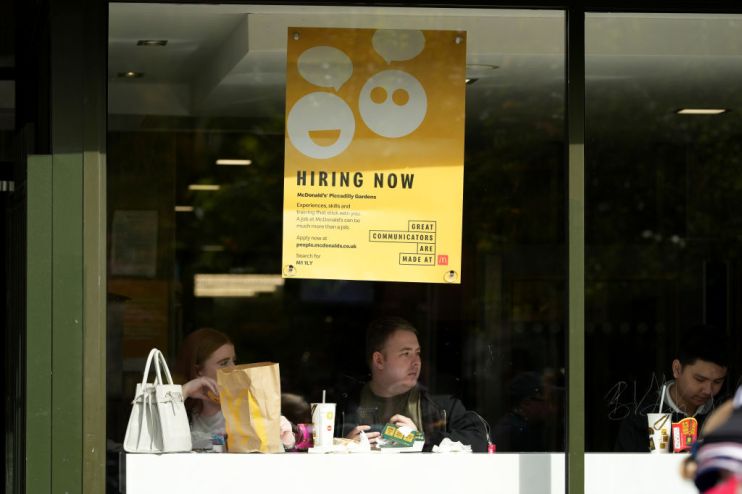IFS: Minimum wage cannot carry the can for earnings growth in Britain

The minimum wage has limits to how much it can carry the can for boosting earnings growth in the UK, reveals a study published today.
Government labour market policy needs to target boosting productivity to generate high-paying jobs and reverse weak growth in living standards, according to a report by the Institute for Fiscal Studies (IFS) and the London School of Economics (LSE).
The introduction of the minimum wage in the late 1990s has shielded the poorest in society from anaemic earnings growth and curbed rising inequality among the lowest earners in the UK.
Between 2011 and 2019, the earnings of low-earning employees grew twice as fast as median earnings.
However, the policy “cannot help average earners, who continue to see worrying wage stagnation, and minimum wages cannot help the growing group in self-employment,” Robert Joyce, deputy director at the IFS, said.
“While it is easier said than done, we must find additional ways of restoring widespread earnings growth,” he added.
The minimum wage and tax credits have protected the poorests’ earnings from years of economic underperformance through “brute force,” the report said.
Since the financial crisis, Britain has been afflicted by weak productivity growth, which has held back economic expansion and progress in living standards.
Targeting government intervention in the jobs market at supporting entrepreneurs and the self-employed would help boost wage growth.
A greater proportion of low-income Brits are now self-employed.